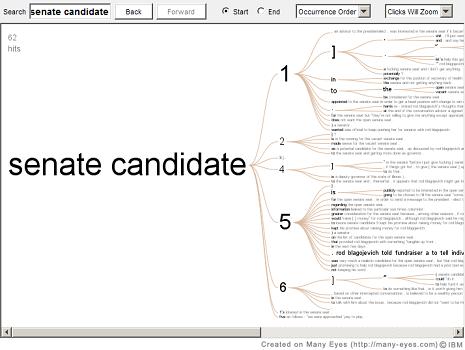I am young and unknown to many of you. I was born and have ever remained in the most humble walks of life. I have no wealthy or popular relations to recommend me. My case is thrown exclusively upon the independent voters of this county, and if elected they will have conferred a favor upon me, for which I shall be unremitting in my labors to compensate.
Zachary Hicks is a delegate to the state’s Progressive Party Convention and his feet hurt. The convention has been trying to nominate a candidate for governor, but no one has enough votes. While the party bosses gather in their factions to discuss strategy for the next ballot, Hicks turns to one of his fellow delegates in the convention hall and complains about his shoes. When the delegate asks him why he doesn’t take them off, Hicks replies that he can’t – they’re too tight. When the delegate suggests that he cut them off, Hicks thinks it’s a great idea, and to the surprise of his fellow delegate, he takes out a knife and does just that.
Meanwhile, one of the party factions has decided that the only way to prevent their rivals’ candidate from winning and still break the deadlock is to nominate a dark horse. They arrive at the name of the hitherto obscure Zachary Hicks, about whom even they know very little. Hicks is asleep when his nomination is announced.
I wrote that intro from memory, having seen The Dark Horse – which unfortunately does not seem to be available online or on DVD (but you can see the original trailer) – about a month ago on television, so I might not have the details exactly right. But the premise is clear: Zachary Hicks – described at one point as “so dumb that every time he opens his mouth he subtracts from the sum total of human knowledge” – is running for Governor and it’s going to take a clever campaign to get him elected.
Kay Russell (played by Bette Davis) knows just the man for the job: Hal S. Blake (played by Warren William), who’s proven himself in the past to be an able campaign manager. There’s only one problem: Blake is currently in jail for failing to pay alimony. Russell convinces the party leaders to take a chance on Blake, and when they arrive at the prison, Blake is giving a speech to the other inmates. The campaign has already started.
If this were a different kind of film, Blake’s cleverness and political skill might have been portrayed as vaguely sinister, but it’s a comedy (with a bit of romance between Russell and Blake) – and a screwball one at that. Blake might be able to convince opposing constituencies like the wets and the drys (this is a film from 1932*, after all) that Hicks supports both sides, but it is his opponents in the Conservative party who stoop to truly dirty politics when they come up with a plan to frame Hicks as having an affair on the eve of the election. It’s hard to watch this movie today without thinking of certain modern strategists**, but Blake – who has his faults, particularly when it comes to relationships – remains generally likable throughout.
When it quickly becomes clear that Hicks isn’t very bright, Blake is undaunted: that just means they’ll present him as a common man of the people (“Hicks from the sticks”). Since Hicks doesn’t know the issues very well – at one point he says he’s against capital punishment, which would great if the state had not already abolished it – Blake instructs him to answer all reporters’ questions by saying “Yes,” then pausing, then saying, “and again, no.”
A bigger challenge is preparing Hicks for a debate. Blake has him memorize the lines quoted at the top of this post. They’re actually Lincoln’s. Hicks has only two problems with this: first, he has a well-off (but politically irrelevant) aunt elsewhere in the state who could be considered a “wealthy relation” – Blake instructs him to ignore that; and second, he struggles to remember to change the word “county”*** to “state.”
There may be a longstanding tradition of politicians incorporating other politicians’ speeches into their own, but this is a fairly clear case of plagiarism. And when the time comes for the debate, it turns out that Hicks’ Conservative opponent, Underwood****, who is first to give an opening statement, arrived with the exact same idea. Recognizing the speech his candidate was supposed to deliver, Blake jumps on to the stage and exposes Underwood as a plagiarist. Underwood is laughed out of the building and Hicks is saved from having to speak at all.
_____
*It’s so old that it’s pre-code, and compared to movies made just a few years later, there’s a surprising amount of suggestiveness.
**It’s true, as TCM’s overview article says, that the decision to “sell” Hicks as a common man is “a round of spin-doctoring that remains depressingly resonant today” but it’s still funny. Just don’t think about the implications for governance.*****
***I believe in the film they actually say “country,” perhaps under the impression that Lincoln said this in a speech while running for President. But a footnote to the text I looked up says that it is actually from a printed message from a campaign for local office from very early in Lincoln’s career – and that he lost.
****I don’t think the movie ever gives his first name.
*****I suppose it’s only appropriate that Guy Kibbee, who plays Hicks, would later play the beleagured Governor of a machine-controlled state in Mr. Smith Goes to Washington.



